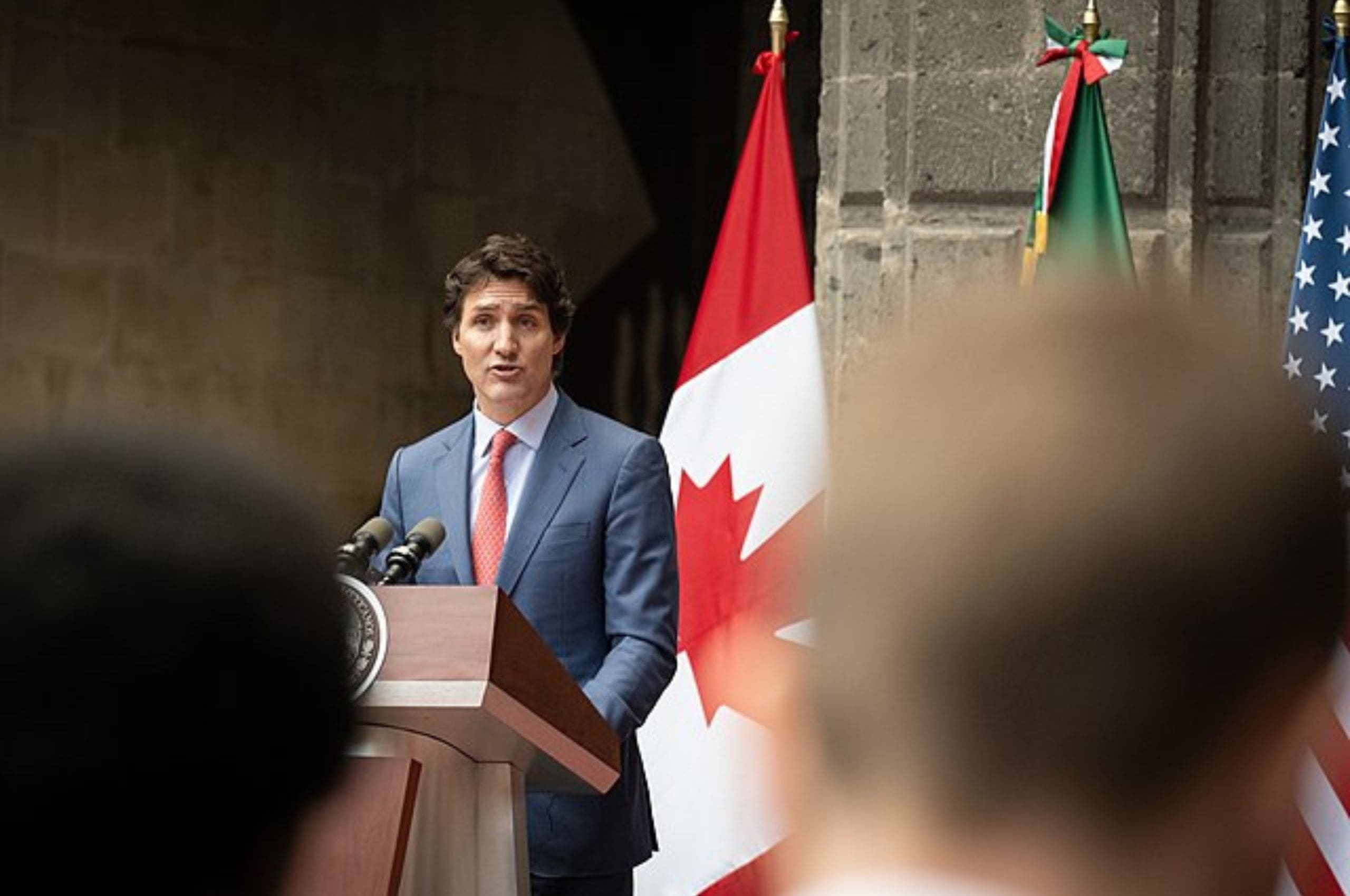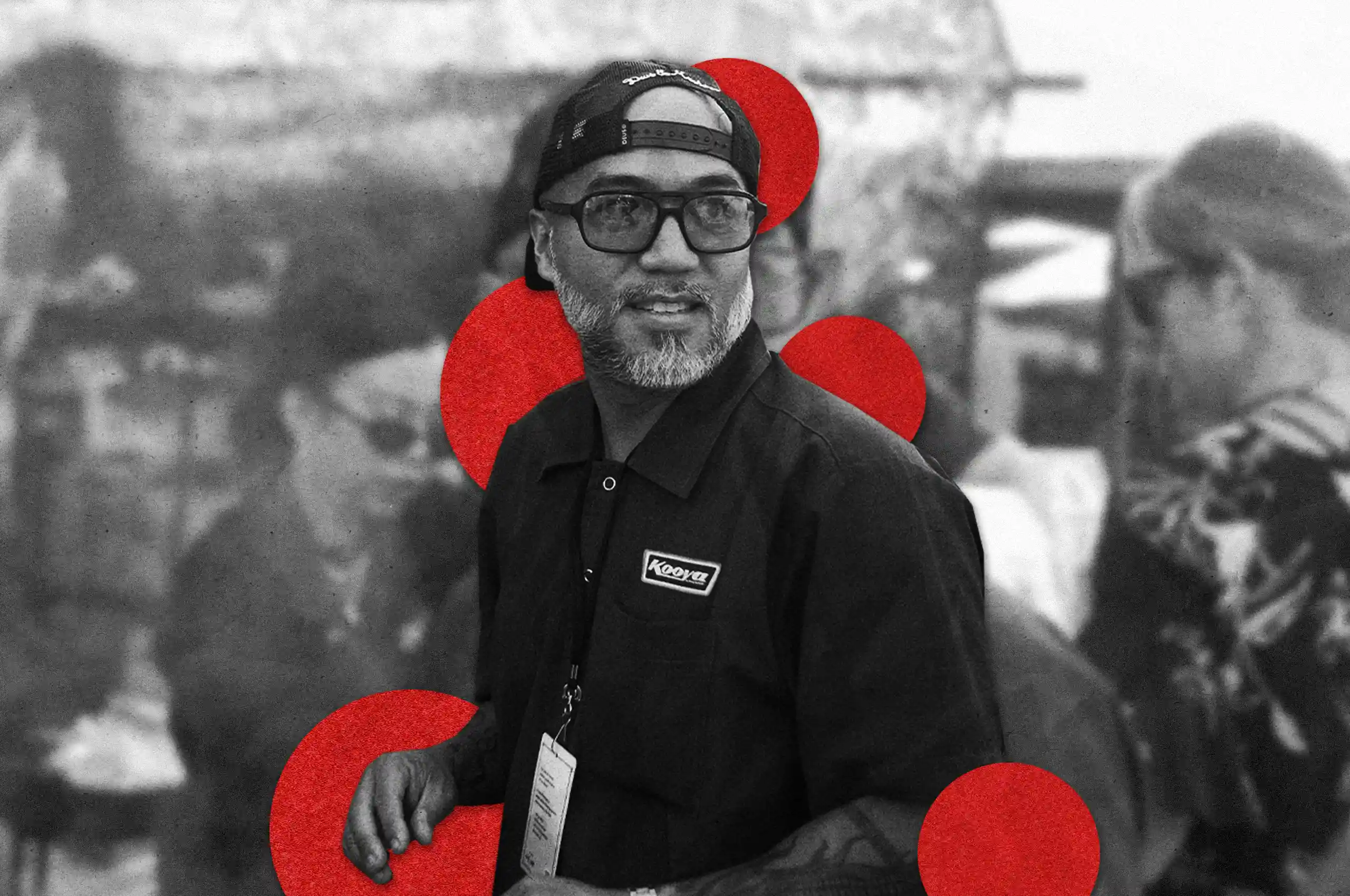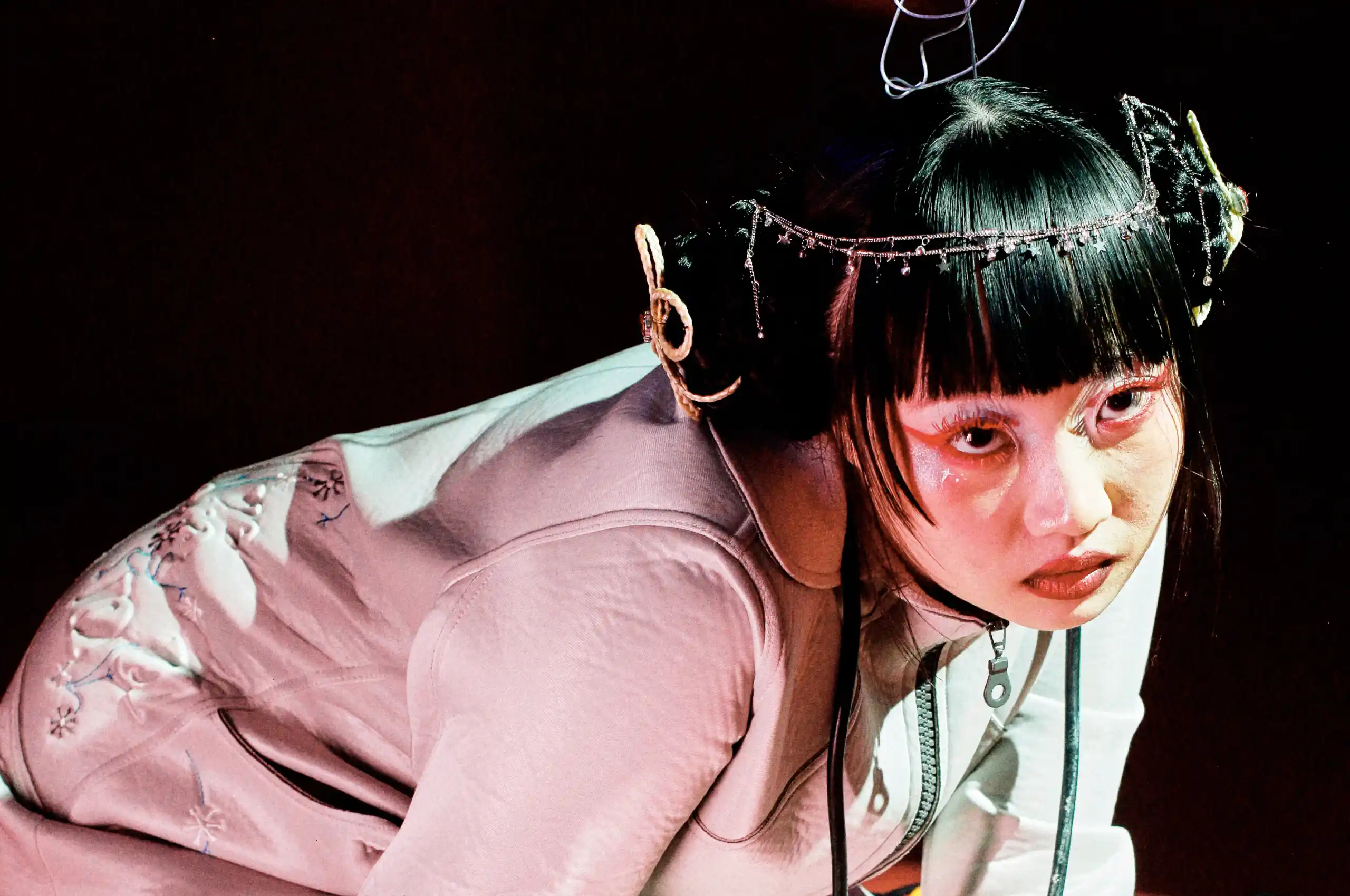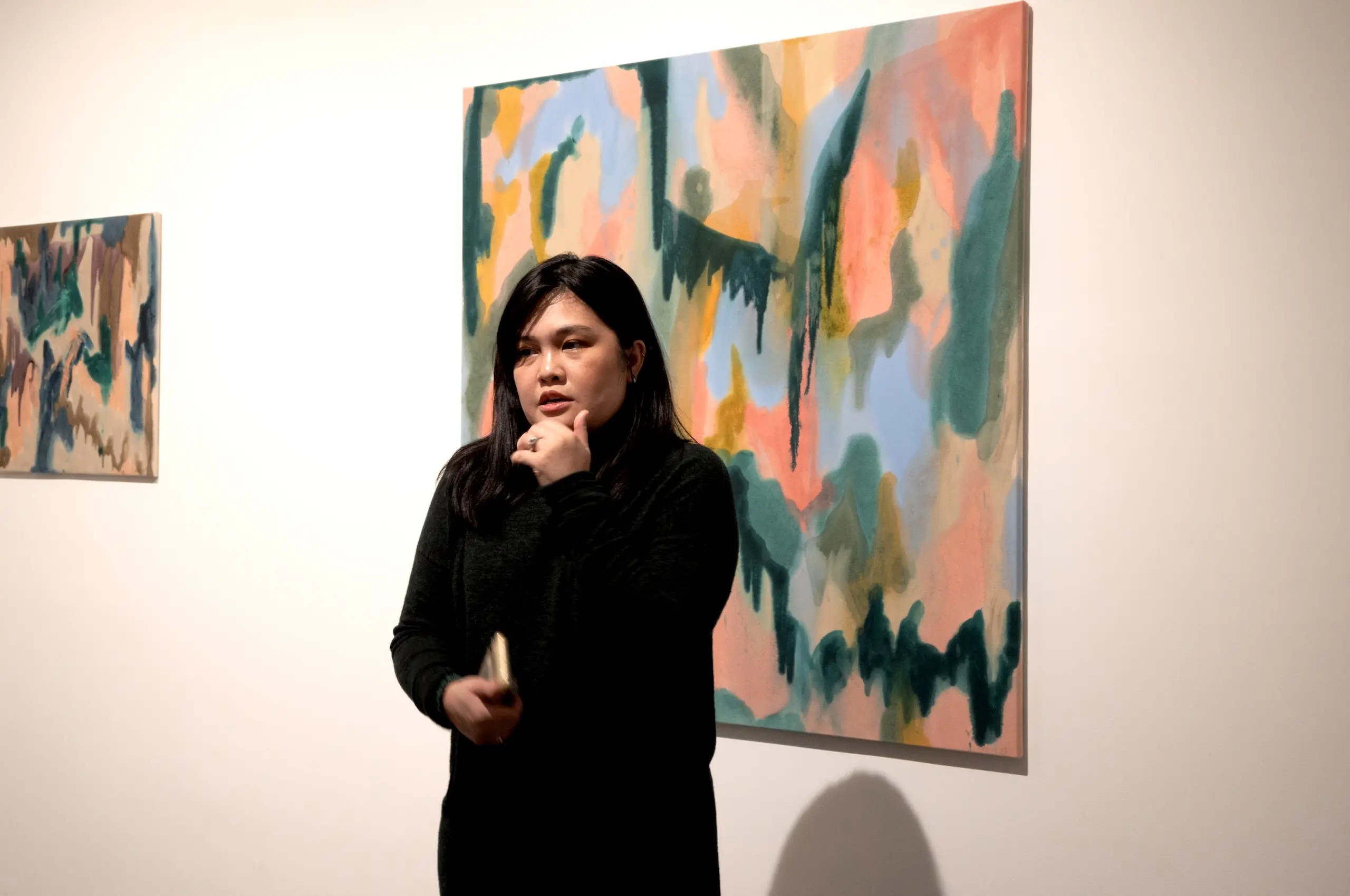On Monday, January 6, Canada Prime Minister Justin Trudeau announced he would resign as the leader of the country’s Liberal Party. The announcement comes ahead of the 2025 federal elections, which will decide which candidates make it to the House of Commons to the 45th Canadian Parliament.
In a news conference in Ottawa, Trudeau said he would step down when the party finds a new leader. “I intend to resign, as party leader, as prime minister, after the party selects its next leader through a robust, nationwide, competitive process. Last night, I asked [Liberal Party President Sachit Mehra] to begin that process,” he said.
He cites a “paralysis” in the parliament as a reason for resigning. “Despite best efforts to work through it, parliament has been paralyzed for months, after what has been the longest session of a minority parliament in Canadian history.”
Trudeau also said he advised Governor General Mary Simon that a new session in parliament was necessary. According to him, the Canadian parliament will be prorogued or suspended until March 24. This gives the Liberal Party time to choose a new leader.
Falling Out of Favor
“This country deserves a real choice in the next election,” Trudeau said in a news conference, “and it has become clear to me that if I’m having to fight internal battles, I cannot be the best option in that election.”
In December 2024, Chrystia Freeland resigned from her post as deputy prime minister and minister of finance, in a way foreshadowing Trudeau’s resignation. In a letter to the prime minister, Freeland said that the two were “at odds about the best path forward for Canada,” and warned him about the 25 percent tariff on Canadian goods that U.S. President-elect Donald Trump pledged for his second term in office. Before that, in October, Liberal members of parliament (MPs) called on Trudeau to step down due to his declining popularity, which they feared would lead to electoral defeat.
CBC News’ poll shows that favor for Trudeau and the Liberal Party has been in decline while the Conservative Party and leader Pierre Poilievre continues to lead. While 44.2 percent of voters have expressed support for Polievre, support for Trudeau is only at 20.1 percent, according to poll numbers.
Statistics from the Angus Reid Institute also show that the prime minister’s current approval rating is 22 percent, a drastic difference from the 65 percent from September 2016, months after he first assumed office.
In February 2024, Poilievre told Filipino-Canadian supporters in a meet-and-greet that he would support the Philippines in maritime disputes with China if the Conservative Party wins the elections.
Mike Calingo, a Filipino supporter of the party, said he knew of Filipinos shifting to Conservative, “considering what’s happening in the economy, inflation, the jobless[ness] rates.”
Conservative Party member Lita Cabal cited shared conservative values as a reason for Filipino Canadian support for the party. Cabal is running for party nomination in the Fleetwood-Port Kells riding of Surrey.







